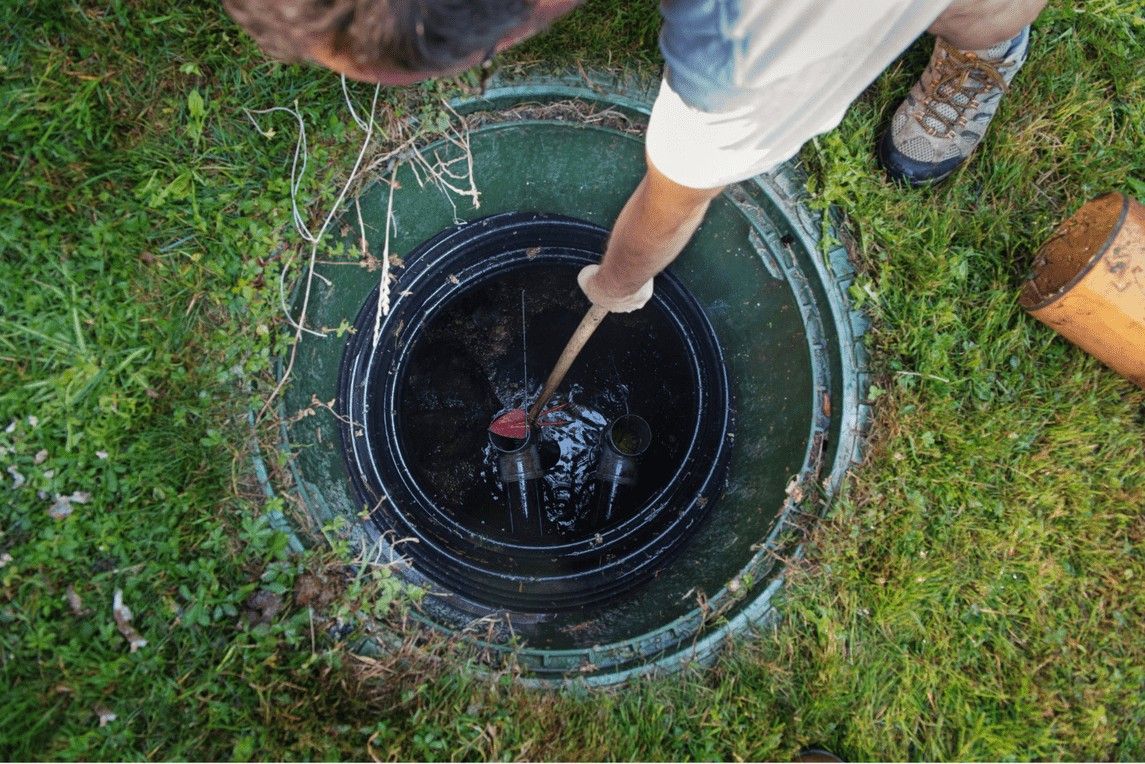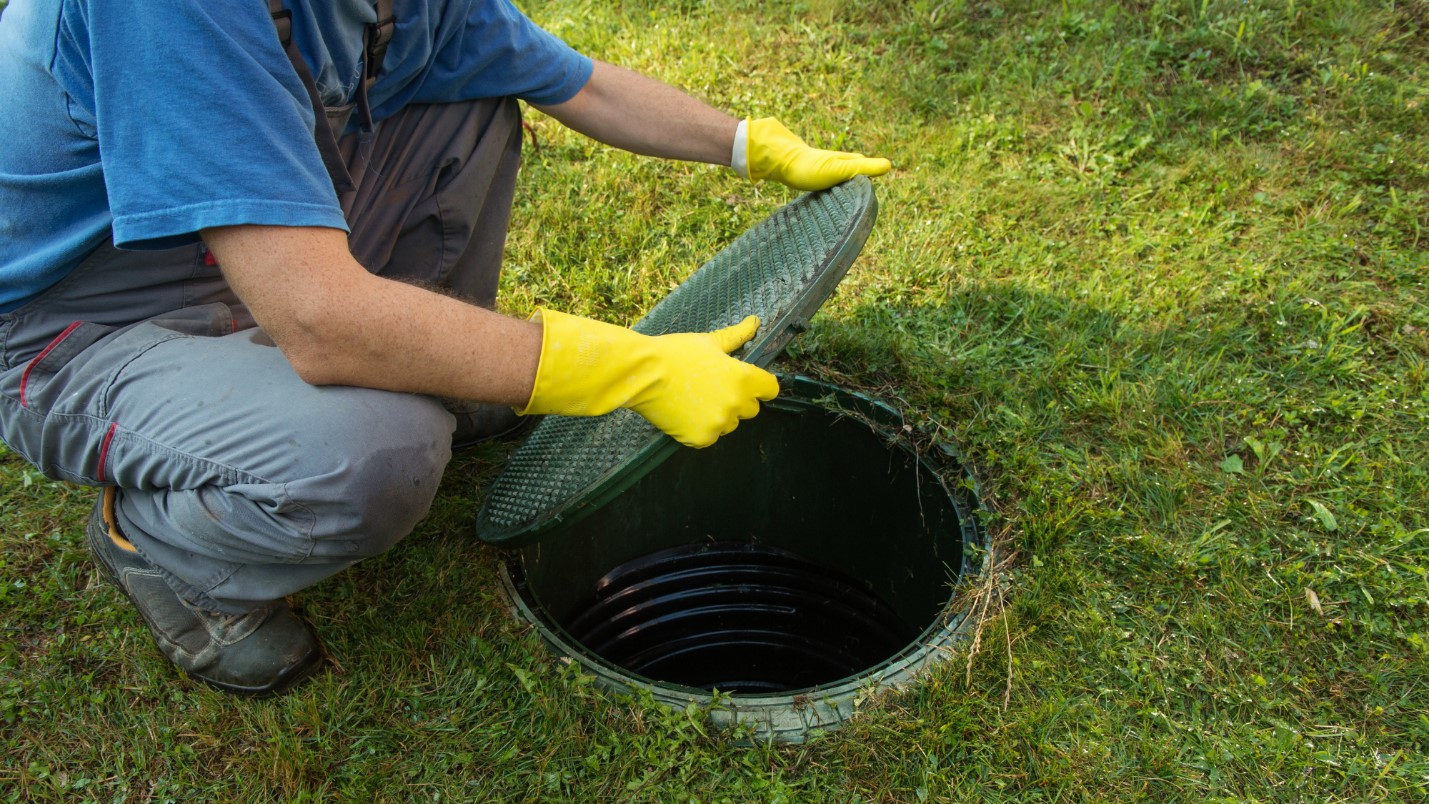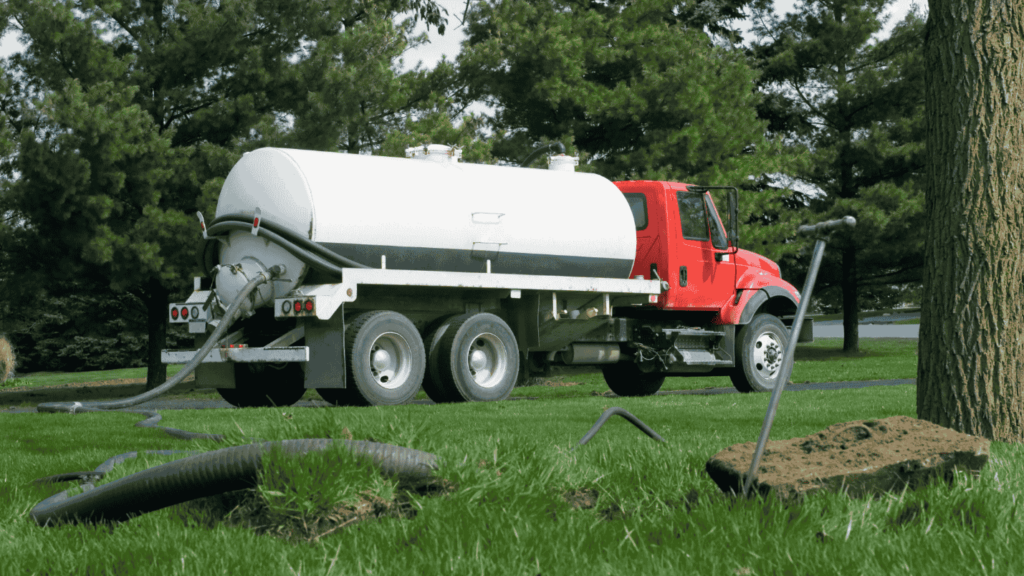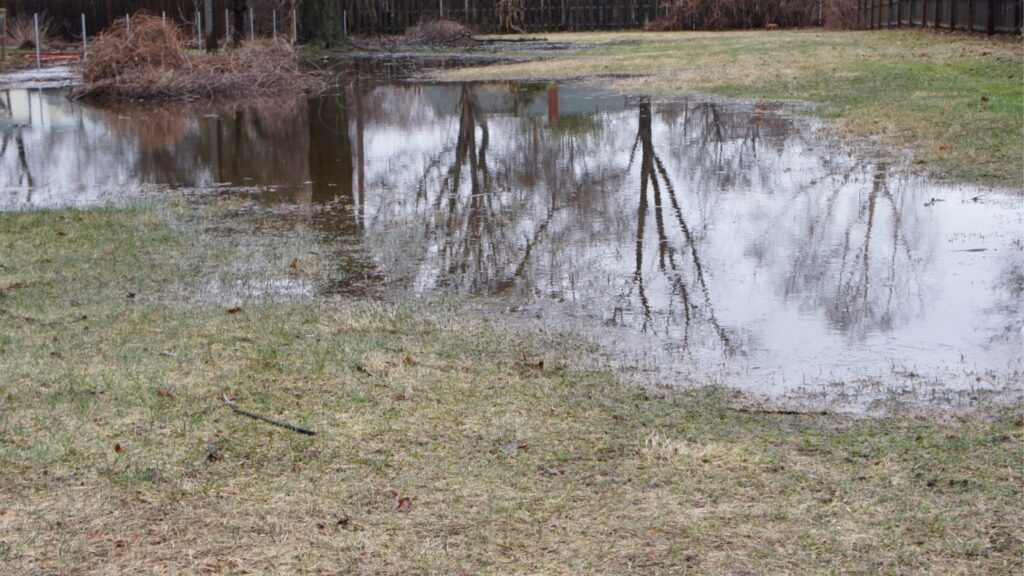Your septic system is crucial for managing household wastewater, and the drain field plays a pivotal role in filtering and dispersing the effluent (liquid waste). Over time, however, the drain field can become clogged with solid waste, bio-mat buildup, or roots from nearby vegetation.
When this happens, you’ll notice signs like slow drainage, sewage odors, and even wastewater surfacing in your yard. Addressing a clogged drain field promptly with proper septic tank treatment Sonoma County can prevent more severe issues and costly repairs. In this article, we’ll cover everything you need to know about identifying, diagnosing, and cleaning a clogged drain field.
What are the Signs of a Clogged Drain Field?

Before you start cleaning your drain field, it’s essential to recognize the symptoms of a clog. Common signs include:
Slow Drains
If sinks, showers, and toilets are draining slowly, it might indicate a problem with your drain field.
Sewage Odors
Unpleasant smells around your property, especially near the drain field, can signal a clog.
Wet Spots or Pooling Water
If you notice wet or soggy areas above the drain field, it means the effluent is not being absorbed properly.
Sewage Backup
In severe cases, sewage can back up into your home.
Causes of Drain Field Clogs
Understanding the causes of drain field clogs can help you prevent them in the future. Common causes include:
Solid Waste Buildup
When solids enter the drain field, they can clog the pipes and gravel.
Bio-Mat Formation
A bio-mat is a layer of organic material that can form in the soil, preventing proper drainage.
Tree Roots
Roots from nearby trees and shrubs can invade the drain field, causing blockages.
Improper Maintenance
Failing to pump the septic tank regularly can lead to solids entering the drain field.
Steps to Clean a Clogged Drain Field

Cleaning a clogged drain field involves several important steps, from diagnosis to treatment. Here’s a step-by-step to how professional septic system maintenance technicians clear out a clogged drain field as well as some tips for helping you keep your drain field clean and clear in the future:
1. Inspect the System
A professional will check for signs of a full septic tank, such as a high liquid level in the tank or visible solids. If your septic tank is full, pump it out before addressing the drain field.
2. Locate the Clog
Identifying the location of the clog within the drain field can be challenging without professional help. However certain signs like if only one area of the drain field is wet or smells bad, can indicate that the clog is likely in that section.
3. Hydro Jetting
Hydro jetting is a highly effective method for cleaning clogged drain fields. This process involves using high-pressure water to break up and flush away blockages.
4. Aeration
Aeration can help restore the drain field’s functionality by introducing oxygen into the soil, promoting the growth of aerobic bacteria. These bacteria break down organic matter more efficiently than anaerobic bacteria, helping to clear the clog. Aeration systems can be installed in the drain field to improve its performance.
5. Chemical Treatments
Certain chemical treatments can help dissolve clogs in the drain field. These treatments usually contain enzymes or bacteria that break down organic matter. Chemical treatments should always be used cautiously and be administered or certified by a professional septic technician, as some chemicals can harm your septic system and the environment.
6. Root Removal
If tree roots are causing the clog, they’ll need to be removed. This may involve cutting the roots and using a root killer to prevent regrowth. Professionals will be able to do this task without risking damage to your septic system.
7. Maintenance and Prevention
Once you’ve cleaned the drain field, take steps to prevent future clogs. Regular maintenance is key to a healthy septic system. Here are some tips:
Pump Your Septic Tank Regularly
Have your septic tank pumped every 3-5 years, depending on usage and tank size.
Avoid Overloading the System
Conserve water and avoid using too many water-intensive appliances simultaneously.
Use Septic-Safe Products
Choose household products labeled as septic-safe to prevent chemical damage to your system.
Inspect the System Annually
Have a professional inspect your septic system annually to catch potential issues early.
Benefits of Hiring a Professional to Clear Your Drain Field

While some homeowners may be tempted to tackle these issues themselves, there are significant advantages to hiring a professional to do the job, like L.J. Construction in Sonoma County.
Here are some of the key benefits of hiring an expert to clear your drain field:
Expert Diagnosis
Professionals have the experience and training to properly diagnose septic system issues. They can accurately identify the root cause of the clog, ensuring that the appropriate cleaning methods are used, and preventing further damage to the system.
Advanced Equipment and Techniques
Professionals have access to specialized equipment and advanced techniques that are not typically available to homeowners. Professionals also use inspection cameras to locate and assess clogs, ensuring thorough and targeted cleaning.
Cost-Effective Solutions
While hiring a professional involves an upfront cost, it can save you money in the long run. DIY attempts to clean a drain field can lead to mistakes that cause more damage. Professionals ensure the job is done right the first time, avoiding additional expenses and potential system failures.
Peace of Mind
Knowing that an expert is handling your drain field issue can help alleviate stress by ensuring that your septic system is in capable hands. Professionals provide reliable and efficient service, giving you confidence that your septic system will continue to function properly.
Clear Your System, Clear Your Stress – L.J. Construction
If you’re experiencing issues with your septic system or need professional help to clean a clogged drain field, L.J. Construction is here to assist you.
Our team of experienced contractors specializes in septic tank installation, repair, and maintenance.
Contact us today or give us a call at (707) 823-0247 to schedule an inspection and ensure your septic system remains in optimal condition.
President / Owner, L J Construction
LJ Construction is a family owned and operated business that was founded in 1966. We provide full-service septic tank repair, installation and maintenance. With years of experience in commercial and residential projects, our goal is to find a solution to all of your system issues. We adhere to the highest industry standards.
Our reputation is built on our name and we are proud to say LJ Construction offers more than integrity alone, we offer effective results. LJ Construction is licensed and insured and we look forward to serving you!

